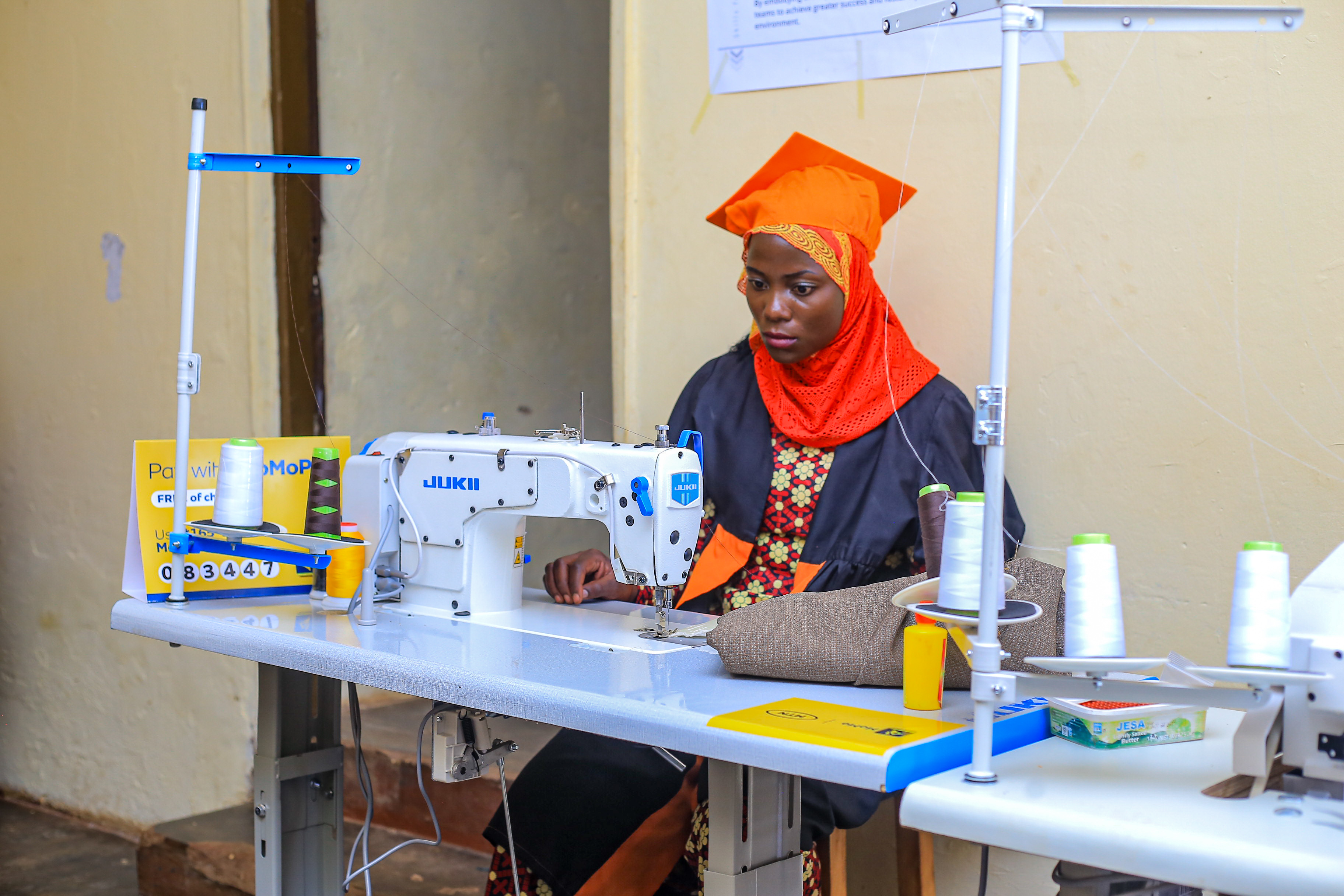Only 13% of Ugandans use Internet for business

Experts argue that in today's world, connectivity is essential for business growth and operational efficiency.
Just one out of every 100 Internet users in Uganda are utilizing it for business or work, the 2024 National Population & Housing Census has shown.
The report shows that only 9% of individuals aged ten years and above - about 2.8 million people - used internet facilities in the 12 months prior to the census, with just 13% of them using it to make money or improve their businesses, which highlights a significant barrier to economic growth, according to experts.
In an increasingly digitalised world, where connectivity is essential for innovation and operational efficiency, the low figures of internet use underscore the urgent need to address the challenges surrounding internet access.
- According to the International Telecommunication Union (ITU), as of 2022, only 63% of the global population had internet access, with this figure dropping to a mere 28% in least developed countries (LDCs). This stark disparity not only stifles individual potential but also hampers business growth.
A major factor contributing to low internet uptake is inadequate infrastructure. Many areas, particularly rural and underdeveloped regions, lack the necessary telecommunications networks to support reliable internet access.
A report by the World Bank indicates that approximately 1.7 billion people worldwide remain unconnected, often due to geographic isolation or the high costs associated with laying down internet infrastructure.
- The consequences of low internet uptake are particularly pronounced in the business sector. Without reliable internet access, companies struggle to adopt digital tools that enhance efficiency, streamline operations, and expand market reach. Research from McKinsey suggests that businesses fully embracing digital technologies can boost productivity by up to 40%.
Richard Irumba, an IT officer at ATACAM, underscores the critical role of internet connectivity in fostering business innovation. “In many regions, the lack of internet access stifles creativity and prevents businesses from exploring new markets,” he explains. “Without the ability to connect with suppliers, customers, and collaborators online, businesses cannot compete effectively in today’s global economy.”
According to Irumba, the effects of low internet uptake are particularly detrimental to small and medium-sized enterprises (SMEs). These businesses often rely on affordable digital marketing strategies to reach customers, but without internet access, they miss out on vital opportunities. A survey by the Global SME Finance Forum indicated that 70% of SMEs in developing countries identify unreliable internet connectivity as a significant barrier to growth.
Furthermore, low internet uptake can lead to job losses and economic stagnation. A study by the Brookings Institute found that regions with higher internet penetration experience faster job growth and increased entrepreneurship. In contrast, areas with limited access tend to see fewer start-ups and diminished innovation, perpetuating cycles of economic disadvantage.
In Uganda, where start-ups are emerging rapidly, the lack of internet access can stifle innovation and limit market reach.
- Dr. Edward Katto, a prominent Ugandan economist says the internet is not just a tool; it’s a lifeline for start-ups.
- “In a competitive landscape, connectivity enables entrepreneurs to access markets, secure funding, and collaborate effectively,” he says.
This reflects the urgency of improving internet access to support the burgeoning start-up ecosystem in the country.
As Irumba Richard notes, bridging the digital divide is not just a technological challenge; it is an economic imperative. By prioritizing internet infrastructure, the country can unlock the full potential of businesses and foster sustainable economic growth globally.


















































